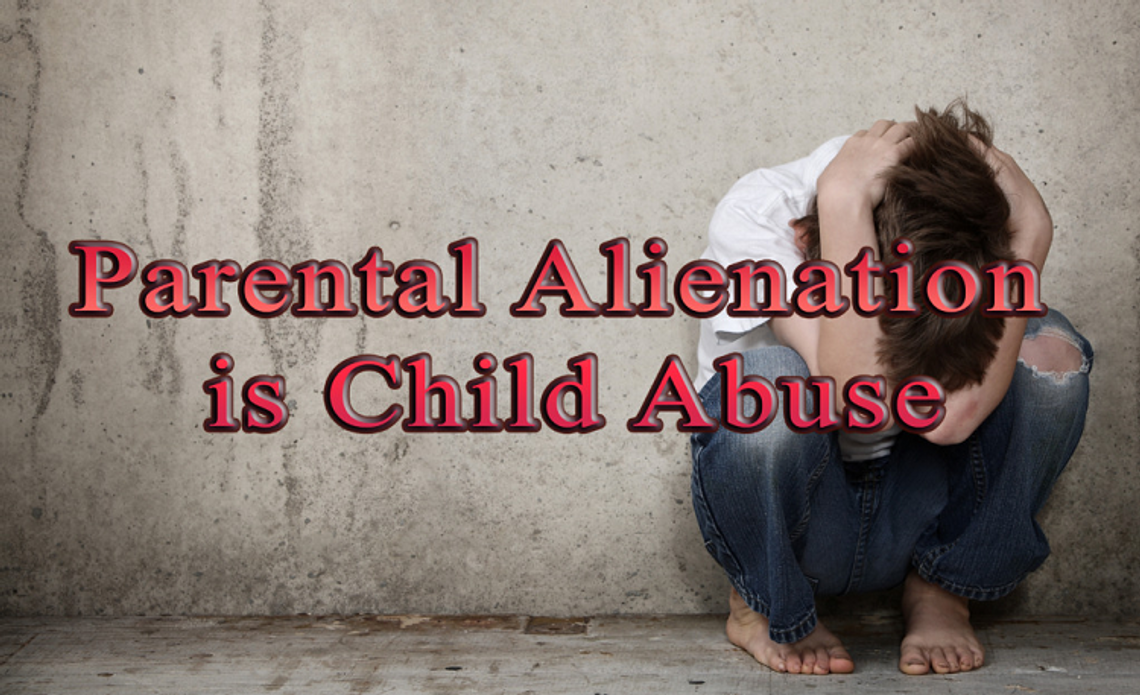Something that frequently comes into play when working with children is Parental Alienation. What is Parental Alienation? In Baker & Fine’s book, Surviving Parental Alienation”, Parental Alienation is “the term used to describe a family dynamic in which one parent (referred to as the alienating or favored parent) engages in behaviors (referred to as alienation strategies) to foster a child’s unjustified rejection of and disaffection for the other parent (referred to the rejected or targeted parent). Not all children exposed to these behaviors succumb to the pressure to reject the other parent, but when they do, they exhibit telltale signs (referred to as the behavioral manifestations of parental alienation) and they can be considered as having the parental alienation syndrome or being an alienated child.”
It is thought that alienating parents are acting with intention, but this may not be the case. When children are brought in for counseling by divorcing, or divorced, parents it is presented that the child is having behavior problems at school or home and need some counseling to correct the behavior. However, as counseling progresses it might be found that the child is angry with one parent or the other and the anger is because of what one of their parents have told them about the other. Parental Alienation is not always easy to identify but there are several indicators of parental behavior that give counselors clues about what is causing the child to behave out of character. In Baker & Fine’s book they identified 17 parental behaviors/strategies which can result in alienation. Here are the three that I most often have reported when working with children:
“Badmouthing/Denigrating the Other Parent: The alienating parent speaks ill of the other parent to the children, and within the children’s hearing, in a steady stream of negative messaging that is not balanced by anything positive. They emphasize the negative aspects of the other parent’s personality and choices and vilifies the other parent in the children’s community. This creates the belief in the children that the other parent is unsafe, unloving and unavailable.
Limiting Contact: The alienating parent interferes with the amount of face-to-face time the children spend with the other parent such as coming early for pick-ups and late for drop-offs, does not produce the children for the other parent’s parenting time, and shows up during the other parent’s parenting time and monopolizes the children’s attention. This reduces the targeted parent’s opportunities to show him-/herself to be safe, loving, and available, and limits that parent’s opportunities to create loving memories and counter the badmouthing message.
Telling the children that the targeted parent does not love them: The alienating parent encourages the children to falsely believe that the targeted parent has done things that are harmful and selfish because that parent does not really care about or value them. They conflate the end of the marriage with the end of the targeted parent’s love of the children. This creates a feeling in the children of being rejected by the targeted parent, which fosters hurt and anger toward that parent.” (pages 8,9)
Although an alienated parent might feel like they are a victim of Parental Alienation, the real victims are the children. Children who have been alienated often act out, are angry, have anxiety and depression, and genuinely hate one parent or the other. Older children more frequently express hatred for the parent who alienated the other parent. It can backfire on the alienating parent. Parental Alienation affects more than just the parents and children: extended families suffer because of Parental Alienation. Grandparents are not allowed to see their grandchildren, Aunts, Uncles, and cousins are confused on how to help, or if they should help. Sadness prevails at family gatherings because part of the family has been taken from them. Children may not know who their blood relatives are on the alienated side and not understand how this happened. Ultimately, families struggle with how to repair and reconnect once the alienation has happened. As time marches on and older family members pass away, alienated children lose family connection, love, relationship, and a sense of belonging: half of their existence is gone. Children are the real victims of Parental Alienation. Parental Alienation is child abuse.
Cited
Amy J. L. Baker and Paul R. Fine, "Surviving Parental Alienation, a journey of hope and healing." Lanthan, Maryland: Rowman & Littlefield, 2014.










Comment
Comments